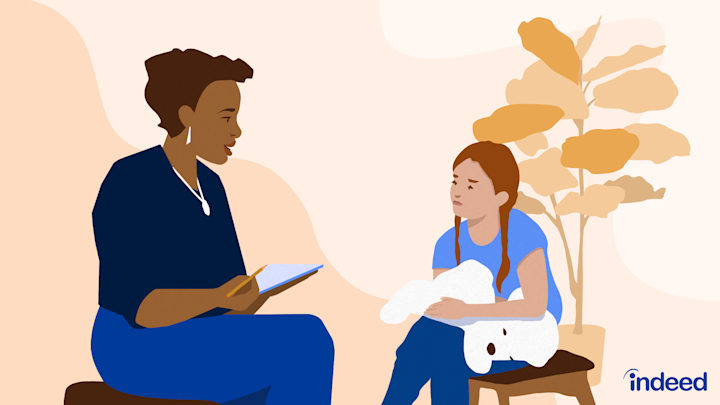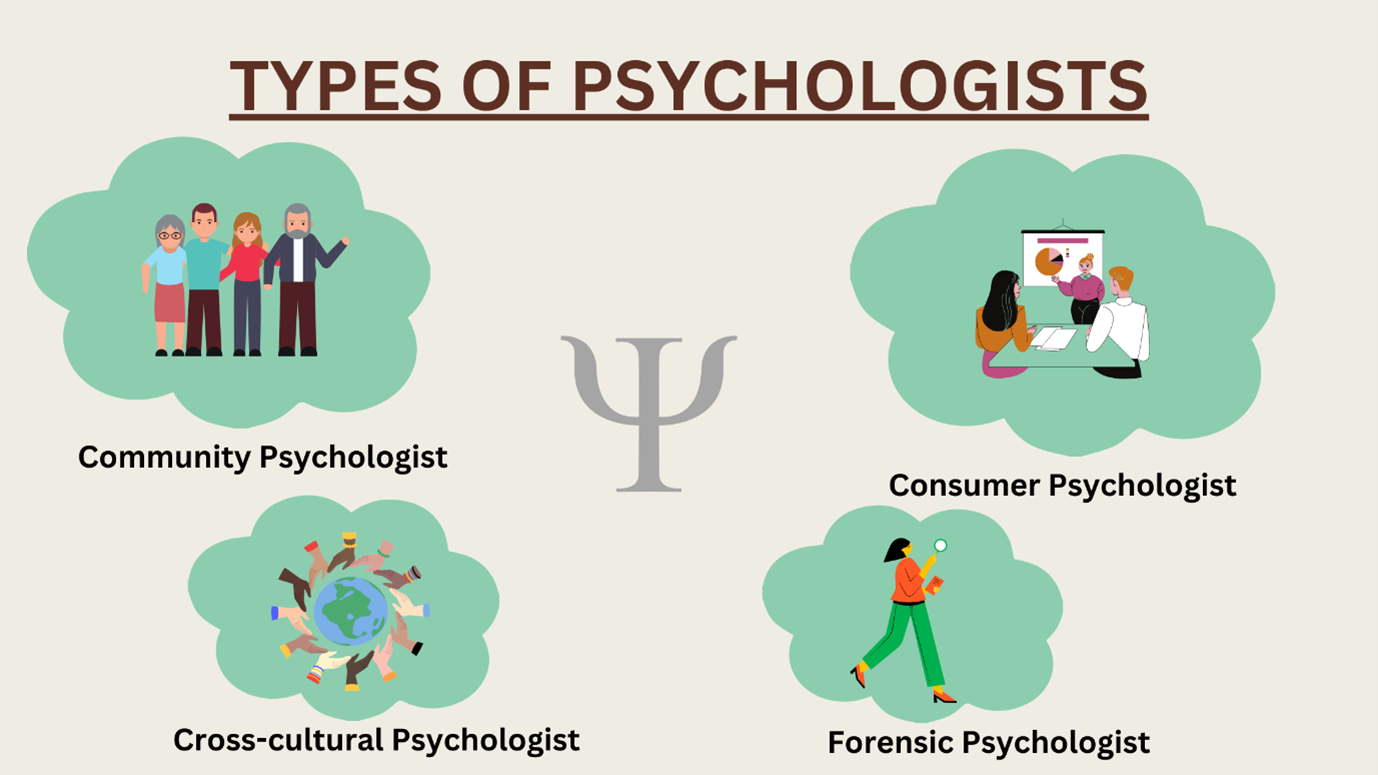Uncovering the Secrets of the Best Psychologist in Delhi for Anxiety Alleviation
The Duty of Psych Treatment in Managing Anxiety and Anxiety
Psychiatric therapy has actually arised as a cornerstone in the monitoring of stress and anxiety and depression, supplying tailored interventions that vary from Cognitive-Behavioral Therapy (CBT) to mindfulness-based strategies. These methods not only aid individuals in identifying and reorganizing negative idea patterns but additionally foster present-moment understanding, reducing the propensity to ponder.
Comprehending Anxiety and Anxiety
Comprehending anxiety and clinical depression needs a comprehensive appearance at these prevalent psychological health and wellness problems, which often exist together and considerably influence an individual's day-to-day life. On the other hand, depression materializes as a pervasive feeling of vacuum, sadness, or sadness, typically accompanied by a loss of rate of interest in formerly enjoyed activities, modifications in cravings, and sleep disruptions.
The coexistence of anxiousness and clinical depression can worsen signs and complicate diagnosis and treatment. Individuals experiencing from both problems might experience more severe signs, higher disability in work and social functioning, and a longer duration of disease. This comorbidity requires a nuanced understanding and technique to therapy.
Cognitive patterns like unfavorable reasoning and maladaptive habits can continue these conditions. Comprehensive assessment by psychological health and wellness professionals is important to discern the visibility and degree of these conditions, leading the way for customized restorative strategies.
Kinds Of Psychotherapy
Psychiatric therapy, likewise referred to as talk treatment, encompasses a selection of treatment methods developed to alleviate signs and symptoms of stress and anxiety and clinical depression by attending to the underlying emotional and psychological concerns. Different sorts of psychotherapy are tailored to fulfill the distinct requirements of people, offering an array of approaches to psychological health care.
One extensively made use of type is psychodynamic treatment, which concentrates on understanding and fixing subconscious conflicts coming from very early life experiences. By exploring these ingrained concerns, patients acquire understanding into their present actions and psychological state.
Interpersonal Therapy (IPT) is another efficient method that focuses on improving interpersonal connections and social operating to lower depressive symptoms. It usually attends to concerns such as pain, duty transitions, and interpersonal disputes.
Humanistic therapies, such as Client-Centered Therapy, emphasize individual development and self-actualization. Best Psychologist in Delhi. These approaches create a supportive environment where people can discover their sensations and establish a more powerful feeling of self
Finally, Dialectical Habits Therapy (DBT) integrates cognitive-behavioral methods with mindfulness methods. Originally created for borderline individuality problem, DBT has actually been adjusted to treat anxiety and depression by training abilities in distress tolerance, emotional regulation, and social performance.
These varied psychotherapeutic methods provide multiple paths to mental health and well-being, providing to private preferences and restorative needs.
Cognitive-Behavioral Therapy (CBT)
Among the numerous psychotherapeutic methods, Cognitive-Behavioral Treatment (CBT) stands apart for its structured, goal-oriented strategy in dealing with anxiousness and anxiety. Created by Aaron T. Beck in the 1960s, CBT is asserted on the concept that maladaptive reasoning patterns contribute significantly to psychological distress and behavior concerns. By identifying and reorganizing these unfavorable idea patterns, CBT aims to alleviate signs and symptoms and foster healthier cognitive procedures.
CBT is normally short-term, covering 12 to 20 sessions, and entails a collective initiative between specialist and patient. The therapy incorporates a variety of strategies, including cognitive restructuring, direct exposure treatment, and behavioral activation. Cognitive restructuring concentrates on testing and modifying distorted cognitions, while direct exposure treatment gradually accommodates clients to anxiety-provoking stimulations, reducing avoidance habits. Behavior activation looks for to increase interaction in fulfilling activities to counteract depressive states.
Empirical evidence highlights the efficiency of CBT, with countless researches showing its performance in reducing symptoms of anxiety and depression. This therapeutic approach has been adjusted for numerous populaces and setups, verifying adaptable and versatile. Its structured nature, empirical assistance, and concentrate on ability purchase make CBT a foundation in the psychotherapeutic treatment of anxiety and clinical depression.
Mindfulness-Based Methods
Mindfulness-Based Methods have actually gathered significant focus in recent times as effective treatments for anxiousness and anxiety. Rooted in old reflection practices, these strategies aim to grow an increased awareness of the here and now moment, which can aid people disengage from the ruminative thought patterns often related to stress and anxiety and depressive problems.

In A Similar Way, Mindfulness-Based Cognitive Treatment (MBCT) incorporates principles from Cognitive-Behavioral Therapy (CBT) with mindfulness strategies. MBCT is particularly effective in protecting against relapse in people with reoccurring depression. By recognizing very early caution indications of depressive episodes, individuals learnt MBCT can use mindfulness methods to mitigate the start of full-on episodes.
Benefits of Psychotherapy
Various researches have demonstrated the extensive benefits of psychotherapy for people grappling with anxiety and anxiety. Psychiatric therapy equips individuals with dealing strategies to manage stressful feelings, thus minimizing signs and symptoms of anxiety and anxiety.
Additionally, psychiatric therapy gives a structured environment for self-exploration and insight. By reviewing their experiences and sensations with a trained therapist, individuals can discover underlying problems adding to their psychological wellness battles. This self-awareness is an important action towards long-lasting recuperation and strength.
An additional substantial advantage is the his response improvement of social abilities. Anxiousness and clinical depression often strain relationships, leading to isolation. Through therapeutic treatments, patients find out reliable interaction and conflict-resolution abilities, which can enhance their communications and foster supportive relationships.
Furthermore, psychotherapy provides a tailored method to treatment. Ultimately, the advantages of psychotherapy expand past signs and symptom alleviation, contributing to overall well-being and quality of life.

Conclusion
Psychotherapy significantly contributes to the administration of stress and anxiety and anxiety by using efficient coping methods and a safe atmosphere for self-exploration. Methods such as Cognitive-Behavioral Therapy (CBT) and mindfulness-based methods contribute in identifying and restructuring adverse idea patterns, while advertising present-moment understanding. These tailored interventions not just ease signs however also enhance psychological law and social skills, thus improving overall well-being and quality of life for individuals facing these psychological health and wellness difficulties.
Psychiatric therapy has actually emerged as a cornerstone in the monitoring of anxiousness and depression, providing tailored treatments that range from Cognitive-Behavioral Treatment (CBT) to mindfulness-based techniques.Comprehending anxiety and clinical depression requires a comprehensive appearance at these common psychological health and wellness conditions, which often exist side-by-side and considerably influence an individual's best site day-to-day life.Among the numerous psychotherapeutic techniques, Cognitive-Behavioral Treatment (CBT) stands out for its structured, ambitious method in dealing with anxiety and clinical depression.Various researches have shown the extensive benefits of psychiatric therapy for people grappling with anxiousness and depression. Psychiatric therapy equips individuals with dealing techniques to take care of upsetting feelings, thereby decreasing signs and symptoms of anxiety and Go Here anxiety.